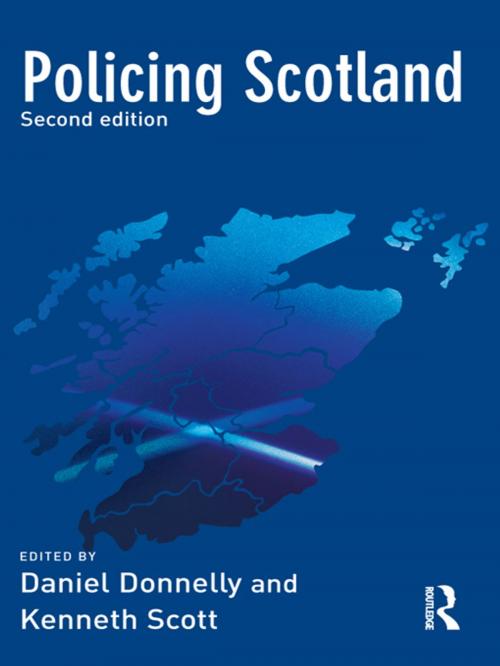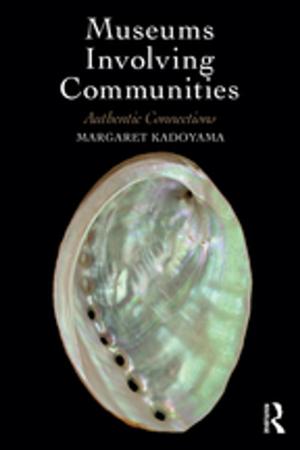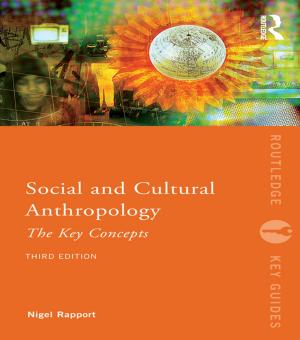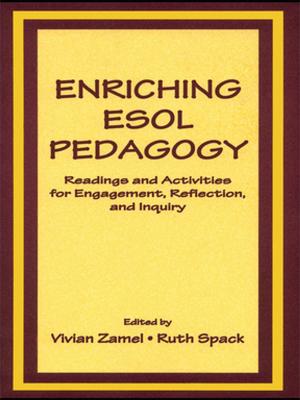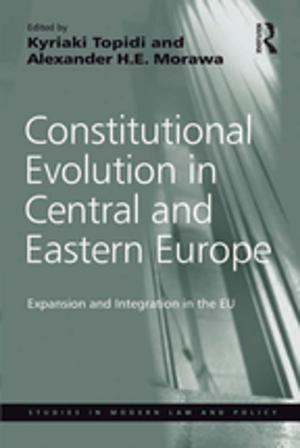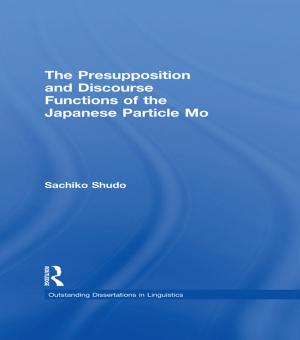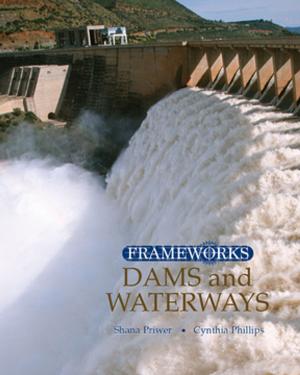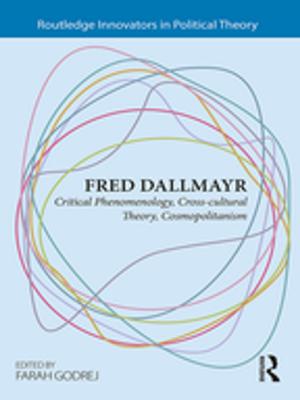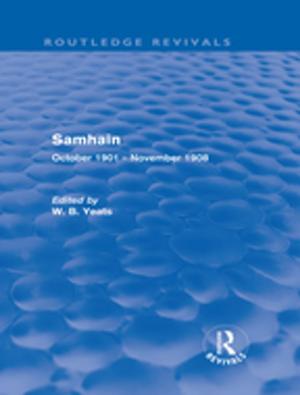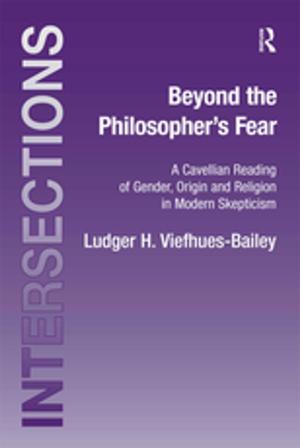Policing Scotland
Nonfiction, Social & Cultural Studies, Social Science, Crimes & Criminals, Criminology| Author: | ISBN: | 9781136308161 | |
| Publisher: | Taylor and Francis | Publication: | September 10, 2012 |
| Imprint: | Willan | Language: | English |
| Author: | |
| ISBN: | 9781136308161 |
| Publisher: | Taylor and Francis |
| Publication: | September 10, 2012 |
| Imprint: | Willan |
| Language: | English |
This fully updated and expanded second edition of Policing Scotland takes account of recent developments in Scottish policing and criminal justice against the backdrop of a dynamic political landscape and looming fiscal constraints in public services. The book offers contributions from both academics and practitioners, and not only shows police at work in contemporary Scotland, but also gives some insight into those areas where policing is carried out by non-police people and organisations.
It seeks to identify what it is about Scottish policing that is distinctly Scottish, the main characteristics of modern policing in Scotland, how these have developed over the recent past, and what they have become today. In answering these questions, the book analyses policing in Scotland in the context of the new and emerging ideas about the nature, purposes and methods of policing that are developing elsewhere in the world, and seeks to determine how far Scottish policing is maintaining its own traditions, or simply becoming a localised example of wider global trends.
The second edition of this popular text introduces new chapters on crime investigation, police unionism, ethnic minorities, policing violence and forensic science, as well as incorporating a major new theme which seeks to explain how those responsible for policing Scotland set about dealing with current issues such as terrorism and organised crime. This book makes a significant contribution to the current debate on policing in Scotland, and as such is an essential text for academics and those interested in policing issues.
This fully updated and expanded second edition of Policing Scotland takes account of recent developments in Scottish policing and criminal justice against the backdrop of a dynamic political landscape and looming fiscal constraints in public services. The book offers contributions from both academics and practitioners, and not only shows police at work in contemporary Scotland, but also gives some insight into those areas where policing is carried out by non-police people and organisations.
It seeks to identify what it is about Scottish policing that is distinctly Scottish, the main characteristics of modern policing in Scotland, how these have developed over the recent past, and what they have become today. In answering these questions, the book analyses policing in Scotland in the context of the new and emerging ideas about the nature, purposes and methods of policing that are developing elsewhere in the world, and seeks to determine how far Scottish policing is maintaining its own traditions, or simply becoming a localised example of wider global trends.
The second edition of this popular text introduces new chapters on crime investigation, police unionism, ethnic minorities, policing violence and forensic science, as well as incorporating a major new theme which seeks to explain how those responsible for policing Scotland set about dealing with current issues such as terrorism and organised crime. This book makes a significant contribution to the current debate on policing in Scotland, and as such is an essential text for academics and those interested in policing issues.
